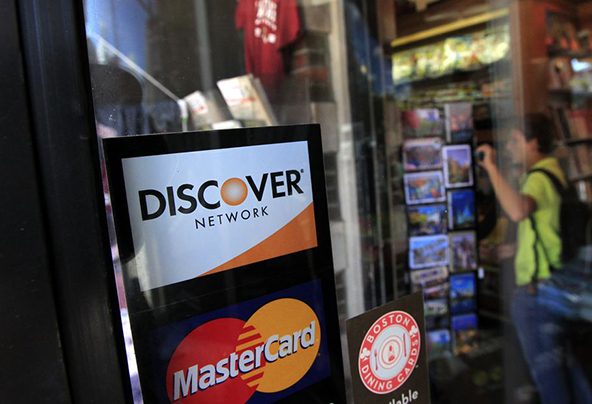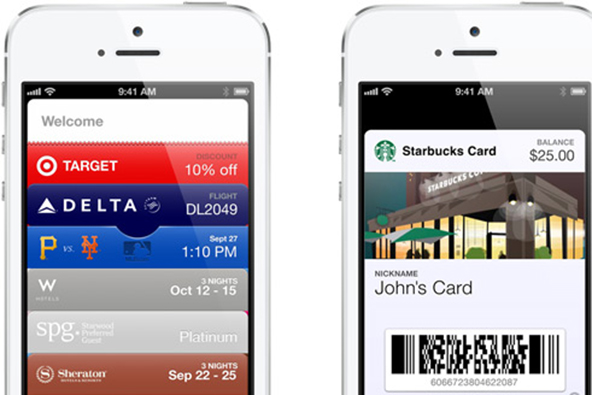5 Ways to Avoid Credit Card Fraud

This is a guest post by Stella Walker. As a regular contributor to several finance websites, such as www.CreditScore.net, Stella uses her knowledge of economics, consumer trends and budgeting to help readers better understand their own personal finance issues. Feel free to leave your questions and comments for her below!
Credit card fraud is frustrating and disheartening. Even those who think their information is safe have fallen victim. Although no one can erase all chances of it happening to them, there are things we can do every day to keep the odds low. Below are five of the best methods.
5 Ways to Avoid Credit Card Fraud
- Think twice before giving your social security number. All sorts of institutions require their clients or customers to provide their social security numbers to verify identity, including banks, car dealerships, educational institutions, hospitals and clinics and insurance companies. However, this doesn’t mean you can necessarily trust the people who work for these companies. Whenever you are asked for your social security number, be smart about the way you provide it. If you are asked to write it down, make sure the document is official and filled out on site and immediately placed in a locked and secure cabinet. Never mail your social security number to anyone. If it is being recorded into a computer system, ask to see the screen. Most importantly, always write down the name of the employee who asked you for your social security number. If you don’t feel comfortable giving your social security number to someone, ask if there is any other form of identification that can be used.
- Shred all documents that contain personal information. Dumpster divers can quickly get a hold of your name and address and more by just opening a bag of your trash and searching for discarded documents. You can stop this from happening by purchasing a small home office paper shredder. Use it to obliterate all traces of personal information found in junk mail, paid bills, old receipts, letters and more. Shredders are also perfect for destroying all credit card offers and other product and service offers received by mail.
- Check credit card machines before you swipe. Some fraudsters gain access to your credit card information by seamlessly placing a device on credit card machines that records all the numbers needed to make purchases online. The device can usually only be spotted by looking very closely at the credit card machine. This tactic is usually used on gas pump credit card machines, because the fraudster can easily install the device without anyone knowing and return later to retrieve it when no one is watching. No matter where you are, though, make sure to take a good look at every credit card machine you use before you swipe.
- Beware of telemarketers and spam mail. Fraudsters are finding cleverer ways to trick people into giving their personal information. As a general rule of thumb, never give your personal information to anyone who calls to ask you for it or to anyone who sends you mail or an email message asking for it. In the case of questionable mail or email messages, if it claims to be from your bank or credit card company, contact the institution to verify the message’s legitimacy. For telemarketing phone calls, write down the organization’s name, hang up and report it to the Federal Trade Commission by dialing 1-877-FTC-HELP or going to FTC.gov.
- Keep your address updated. If you have plans to move, be sure to give your new address to every institution you make monthly payments to. This includes banks, credit card companies, health insurance and health care providers and electricity, water and cable providers. You should also update your driver’s license and notify the post office of your move. Make the change at least three weeks before you move, because it can take up to two weeks for all the changes to update. Changing your address is especially important for people who live in apartments, because you never know who will be moving into your old place and receiving your mail. If you move from apartment to apartment every year, consider getting a post office mailbox to avoid the hassle.
If credit card fraud happens to you, immediately contact your credit card issuer and cancel the account. You will then need to follow your credit card company’s instructions to remove the charges from your account. If the fraud has affected your credit score, you will have to also contact the three major credit bureaus (Experian, Equifax and TransUnion) to settle the issue.
Image credit: AP / WSBTV.


